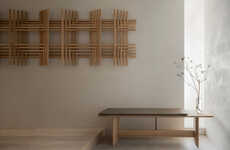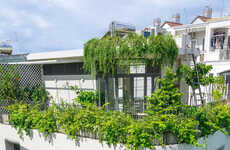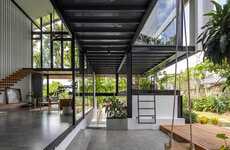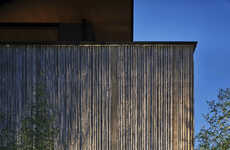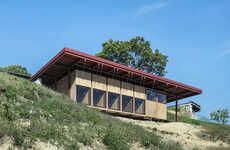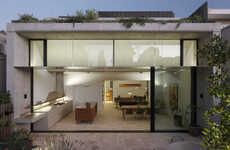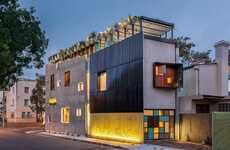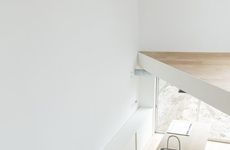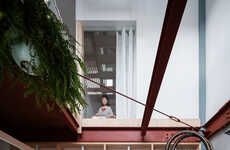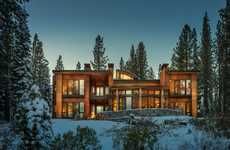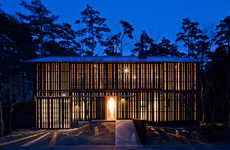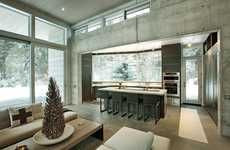
Tokyo's House S Features a Garden on Each Level of the Home
Leslie Chen — January 16, 2012 — Art & Design
References: keijidesign & knstrct
House S is like having your very own sanctuary in the middle of the hustle and bustle of a big city. Located in Tokyo, House S focuses on the importance of having a peaceful place to escape to at the end of the day.
Designed by Keiji Ashizawa, House S used to be a samurai residence way back when. While the outside of the house features a black design, the interior features an open concept that lets in plenty of natural light. Each floor of House S has its own garden to promote a feeling of tranquility. With such a sense of calm enveloping the home, whoever lives in this space will feel like they've escaped to the middle of nowhere rather than the metropolis of Tokyo.
Let House S whisk you away to a land of peace and quiet.
Designed by Keiji Ashizawa, House S used to be a samurai residence way back when. While the outside of the house features a black design, the interior features an open concept that lets in plenty of natural light. Each floor of House S has its own garden to promote a feeling of tranquility. With such a sense of calm enveloping the home, whoever lives in this space will feel like they've escaped to the middle of nowhere rather than the metropolis of Tokyo.
Let House S whisk you away to a land of peace and quiet.
Trend Themes
1. Vertical Gardens - The trend of incorporating gardens and greenery into multi-story buildings creates opportunities for architects and construction companies to innovate vertical green spaces.
2. Biophilic Design - The trend towards incorporating natural elements into building design opens up opportunities for architects and designers to create biophilic spaces that promote wellness and balance in urban environments.
3. Urban Sanctuaries - The trend of creating calm, peaceful spaces within cities presents opportunities for designers and developers to create urban sanctuaries that offer a respite from the hustle and bustle of city life.
Industry Implications
1. Architecture - Architects can create innovative designs that incorporate green spaces and natural elements into buildings to create biophilic urban environments.
2. Construction - Construction companies can help make vertical gardens and biophilic design a reality by leveraging technology and new building materials to create sustainable, eco-friendly structures.
3. Real Estate - Real estate companies can market urban sanctuaries as an attractive feature for people who want to live in cities while still being able to escape to peaceful, green spaces.
5.1
Score
Popularity
Activity
Freshness


